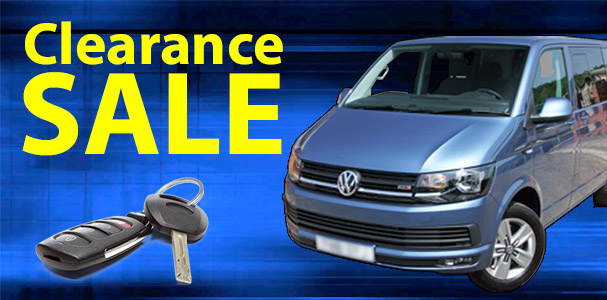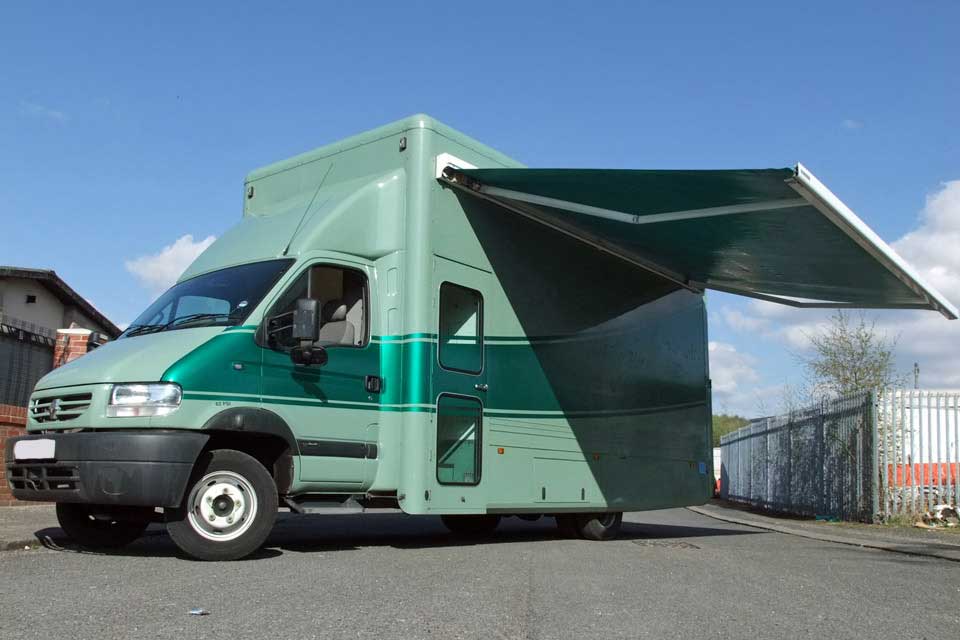Coming to a City near you...
'The Environment Act 1995 imposed a Statutory duty on Local authorities to assess the air quality in their districts to determine whether air pollutants meet prescribed government objectives. If exceeded, it is a statutory duty to declare an Air Quality Management Area.'
Clean Air Zone (CAZ) is an area where targeted action is taken to improve air quality by discouraging the most polluting vehicles from entering the zone. No vehicle is prohibited, but those not meeting criteria will have to pay a daily charge
Low-Emission Zone (LEZ) is a designated area where access by polluting motor vehicles is restricted or deterred
Ultra-Low Emission Zone (ULEZ) the first ULEZ will be in place in Central London from 8 April 2019.
Zero-Emission Zone (ZEZ) is a LEZ where only zero-emission vehicles (ZEVs) are allowed. In these areas, all internal combustion engine vehicles will be banned, this includes hybrid vehicles. Only all-electric vehicles will be allowed in a ZEZ.
Cities working towards a cleaner environment include:
Aberdeen Low emission zone planned by 2020
Bath Clean air zone planned by 2020.
Possible Emission charge: £9 for non-compliant vans and taxis; £100 for lorries and buses
Birmingham Clean air zone planned for 2020.
Possible Low emission charge: for non-compliant private cars, taxis and vans - £8 per day and non-compliant HGVs, coaches and buses charged £50.
Bristol Clean air zone under consideration
Cambridge Clean air zone being examined for 2020
Cardiff Clean air zone feasibility study already underway
Derby Derby has chosen not to introduce a charging Clean Air Zone.
Derby has a preferred option being a 'traffic management' scheme. Consultations are still underway.
Dundee Low emission zone planned
Edinburgh Low emission zone planned by 2020
Fareham Low emission zone being considered
Glasgow Low emission zone to be rolled out between December 2018 and December 2022
Leeds Clean air zone planned to start on January 2020
London Congestion Charge and T-Charge. Low Emission Zone (LEZ). Ultra-Low Emission Zone (ULEZ). In October 2021 the ULEZ will be expanded to inner London.
London Vehicle Check: tfl.gov.uk/modes/driving/ultra-low-emission-zone/vrm-checker-ulez
Manchester Clean air zone Proposed for 2021.
Proposed charges: Non-compliant buses and lorries to pay £100 a day, while taxis and vans would be charged £7.50 each day.
Newcastle Low emission zone proposed from 2021
Nottingham City-wide measures already under way to improve air quality means a Clean Air Zone is no longer being considered in Nottingham.
Norwich 'Norwich Low Emission Zone' - affecting buses.
Traffic Regulation Condition, Bus Operator agreements are in force.
Oxford Low emission zone since 2014, (so far only affecting buses).
Proposals under consideration set a timescale of zero transport emissions in the City by 2035. This will only be free to electric or hydrogen-powered vehicles, along with plug-in hybrid cars that can travel for at least ten miles on electric power.
Reading Clean air zone under consideration
Sheffield Clean air zone planned for 2020 / 2021
Vehicles affected: Lorries, buses, taxis and vans that don't meet minimum emission standards. Clean air zone charges suggest £10 per day for affected vans and taxis; £50 for lorries and buses
Slough Clean air zone proposal is being examined regarding feasibility of introducing a CAZ
Southampton Plans to improve air quality in the City by 2020.
Warrington Clean air zone proposal being examined
York Clean air zone proposed for 2020.
Vehicles affected: Buses failing to meet minimum emission requirements
Euro 6 - sets the standard
'European Emission Standards' define the acceptable limits for exhaust emissions of new vehicles sold in the European Union and EEA member states, (no mention of Brexit here!). These emission standards are defined in a series of European Union directives introducing increasingly stringent standards.
Thankfully all diesel cars aren't tarred with the same brush - with a definite line between older diesels and the new generation of 'clean' diesel engines.
There are concerns that any confusion may lead new vehicle buyers rejecting Euro 6 diesels, when new, well-maintained diesel vehicles, (built to the latest standards) have similar emissions to petrol vehicles.
New diesel vehicles are now much more environmentally cleaner - with any vehicle meeting Euro 6 Standards being exempt from some diesel charges, including those in clean air zones.
Did you know?
Most diesel cars sold before September 2015 didn't meet the latest emissions standard, known as Euro 6, making them subject to 'clean air' charges. These account for around 9.5 million of the 12.9 million diesel cars on British roads.











